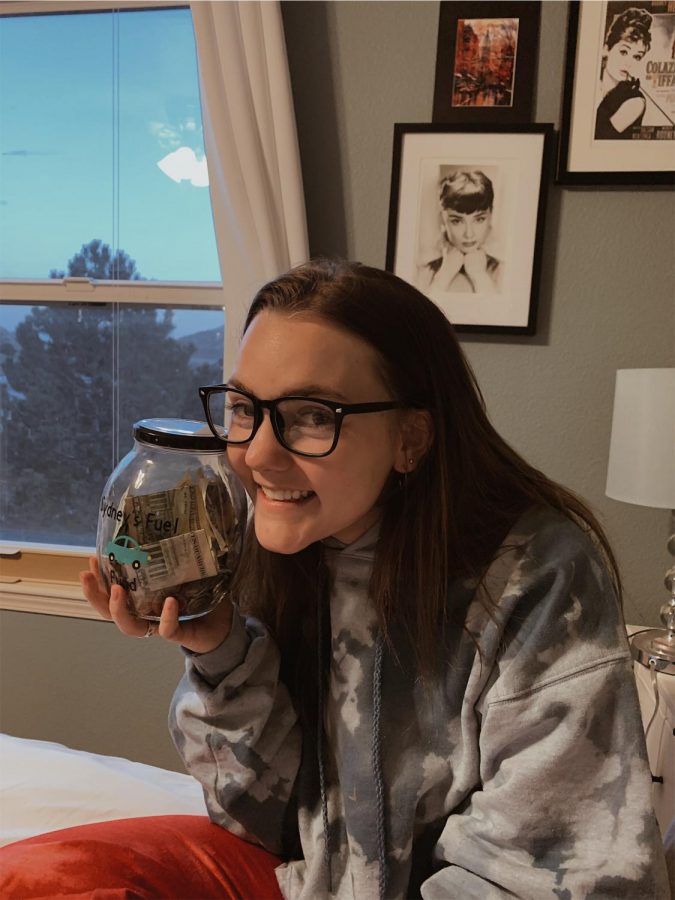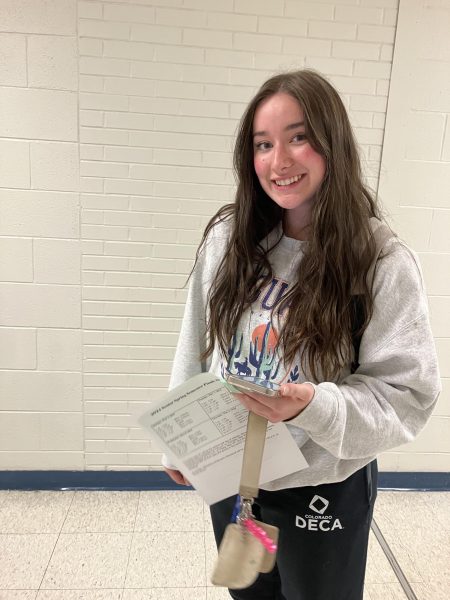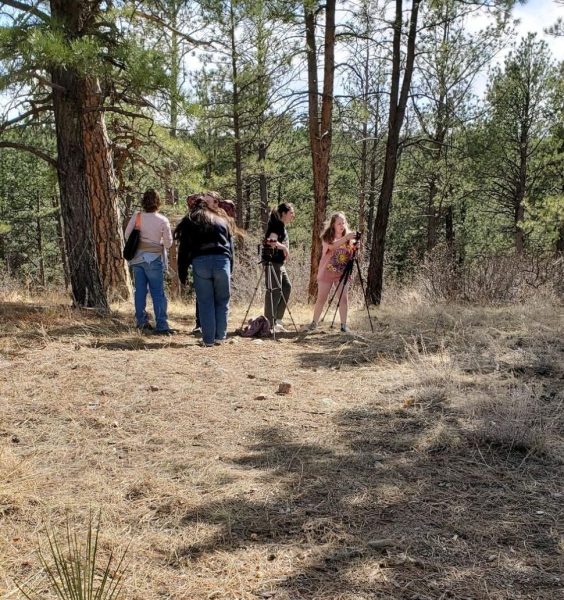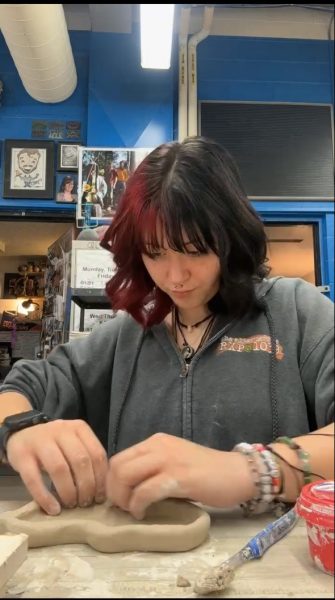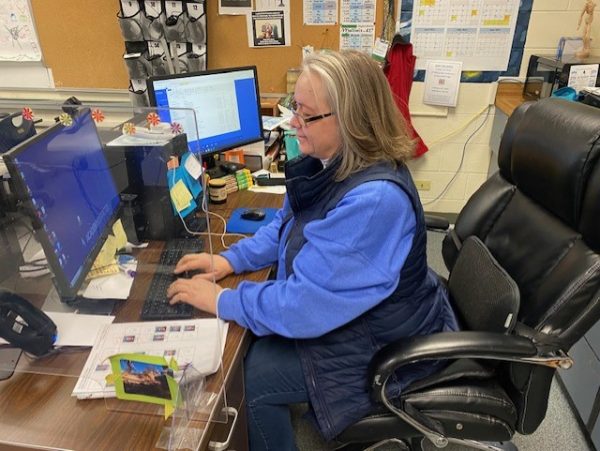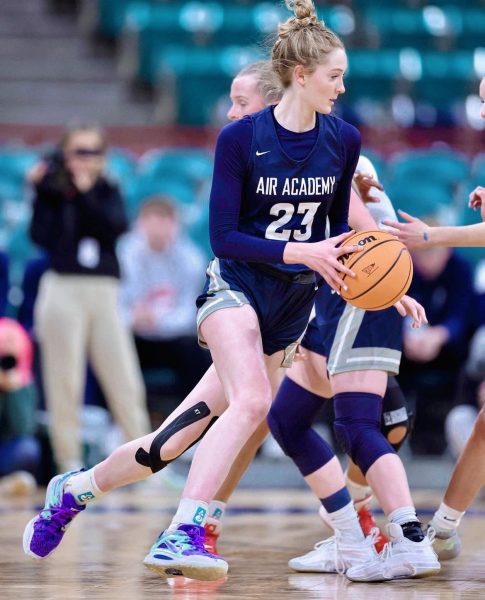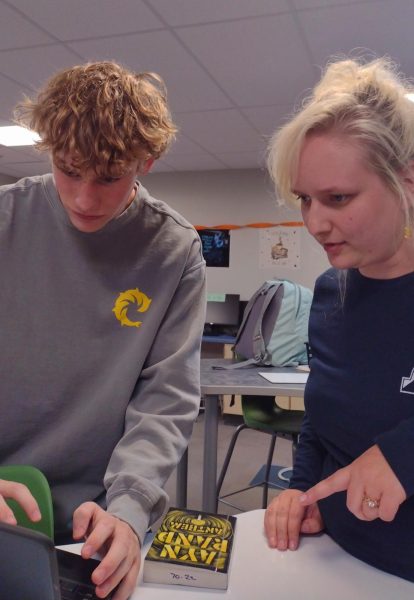Purge the Urge to Splurge
Money is the great equalizer. Bank accounts and empty wallets don’t lie. For many people, high school is when you start to earn your own money. Getting your own paycheck can be extremely rewarding if you know what you’re doing.
According to Living on Your Own (LOYO) teacher Laura Armstrong “Only 10 percent of parents talk about money with their children; including how to save.”
Learning how to properly spend money can be extremely hard for students. Many students spend their money frivolously on unnecessary, tangible things.
“I spend about fifty dollars a week either at Taco Express or Chiba Hut,” said senior Eli Andrew.
“Make your own food—don’t always eat out—but if you do use coupons,” said Armstrong.
Little things like coupons or student discounts are readily available but often seen as taboo or not worth the trouble by many students.
Spending money isn’t bad. High school is probably the best time to spend recklessly before students are paying mortgages, student loans and car payments.
However, learning how to spend money is a skill needed to survive in today’s economic climate. “Getting the education and learning about how to manage your money is the best way to be financially sound,” said Armstrong.
Saving money doesn’t have to restrict leisure activities; in fact, it doesn’t have to significantly impact one’s way of life at all.
One of the worst feelings in the world is spending a large about of money because of your emotional state and then regretting it later: retail therapy at its finest.
A simple way to reduce this guilt while saving money is to first ask yourself. “Do I really need this and is it worth the money?”
By simply taking a split second to ponder this decision, many people will realize the answer to that question is no.
“When I’m emotionally distraught, I usually spend my money on things I don’t need,” said senior Sydney Pruitt.
By lessening their emotional spending, students can save large sums of money while also saving space instead of buying unnecessary items.
“I usually regret spending my money on things I never use,” said junior Alexandra Conforti.
A savings account is essential. Most saving accounts collect interest over time, many banks also give teenagers higher interest rates to try to reward young adults for learning how to be financially stable.
“Save 10 percent of what you earn and open a savings account—let your money work for you,” said Armstrong.
After high school students are thrown into the real world. However, no matter if they go to college, join the military or head straight into a job, all students are going to have finances and money to manage.
While spending two hundred dollars a month on Dutch Bros coffee might not bother anyone now, that two hundred dollars could be saved and spent on college textbooks or car payments in the future.
Everything is good in moderation. Students should still spend their money, they should treat themselves here and there but be careful not to splurge.
When it comes to simple ways to save money, there are tons that students simply aren’t aware of because no one has ever talked to them about money.
Armstrong’s number one tip is to “make a budget and stick to it.”
Investing is another way for students to prepare for their economic future.
“Invest in slow-growing but dependable stocks; then, you’re not only saving money but your money is also gradually increasing so it is a win-win,” said Pruitt.
Money management affects everyone and doesn’t discriminate, so learning how to save now can only benefit students in the future.
To learn more about how to improve your financial literacy and economic success, enroll in Living on Your Own and take control of your economic future.

Wassup! My name is Casey Hogan and I am finally a senior. This is my second year writing for the Jetstream Journal and first year as a Copy Editor. I...



